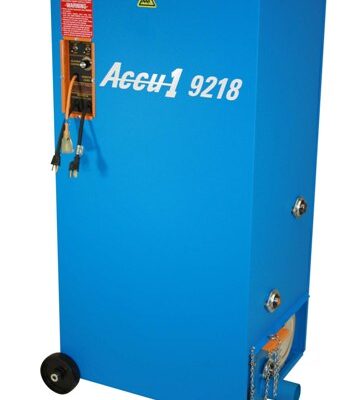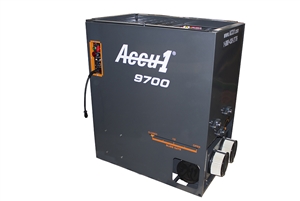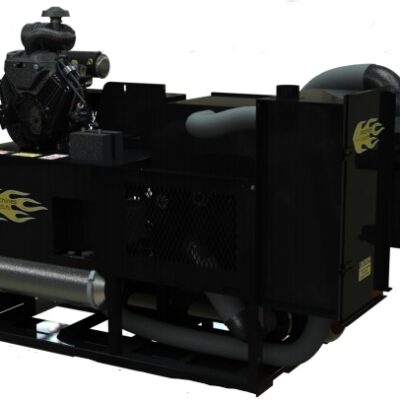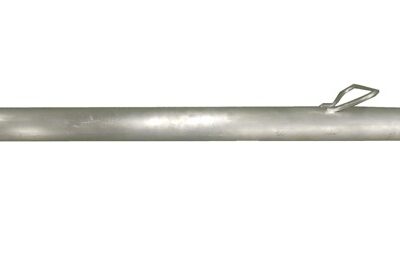Image: USI – Phoenix AZ
What is the word that comes to your mind when insulating a house? Comfort? Yes. How about confidence? The confidence to enjoy the comfort of your home without worrying about possible risks from installed insulation materials is probably the best reassuring feeling a homeowner can have.
But how can we say that we are confident enough in the quality and stability of our thermal insulation? What are our measurements?
Determining some more factors is really vital. You can create checkboxes to tick, and when all criteria are met, that makes for a really effective home insulation.
Factors Affecting Insulation Performance
The efficacy of the performance of thermal insulation is highly dependent on the manufacturer’s material specifications and performance expectations, as well as the following real-life installation factors.
1. Efficiency and Effectivity of Installation
The ultimate performance of thermal insulation can be determined by how a builder efficiently and effectively installs the insulation materials using the prerequisite skills for thermal insulation installation.
Insulation slabs and panels need to be installed correctly to ensure that there are no visible gaps between adjoining slabs, panels, and rafters or joists. Neglecting this basic step in installing thermal insulation will enable air passage which will result in leakage and eventually reduce its overall performance.
It is important to consult professionals to determine what type of insulation material fits your house’s condition and temperature or weather in your area. By doing this, you are ensuring the effectiveness and efficiency of the installation of thermal insulation which is a practical and cost-effective strategy.
2. Insulation Material Instability
Other insulation materials are prone to some degree of material instability throughout their lifetime. The most common risks for choosing inappropriate insulation material for your home insulation are material shrinkage, settlement, and compaction in a long-term period.
Professionals who installed thermal insulation are anticipating these instabilities to happen. That is why they have to determine the appropriate insulation material for your home to avoid building instability.
Effective, careful, and efficient installation of insulation material is paramount to choosing and consulting the right professionals for thermal insulation. With this, you are ensuring the performance of thermal insulation by avoiding the potential hazards of picking the inappropriate insulation material for your home.
Once correctly installed, thermal insulation performance remains throughout its lifetime.
3. Moisture and Fire Resistance
One of the most important factors to consider when choosing insulation materials is their resistance to hazards, water, moisture, and fire. If you are living in an area that has a majority of the wet season throughout the year, choose a suitable material that could resist more water and moisture.
The same goes with the houses that are located in humid conditions. You have to choose insulation materials that are suitable for your area’s weather condition. You have to ask the right people for that. Best is if they are working in the thermal insulation industry.
We highlight the importance of consulting professionals and skilled workers in the field of thermal insulation. Choosing the appropriate material for your house’s condition is a must to avoid potential risks.
Educating the customers about the truths of thermal insulation is one of the objectives of Insulation Machine Store. We believe that choosing the right insulation machine for your home is very crucial. When you have decided the type of insulation material you are going to use for thermal insulation, do not hesitate to browse through our available products. And if you want to ask for our recommendations, please feel free to contact us directly.
Insulation Machine Store has everything from blow-in insulation machines to insulation vacuums! Check out some of our machines below or visit our SHOP page.
-
Accu1 9218 Insulation Blowing Machine
$4,695.00 -
Accu1 9300 Insulation Blowing Machine
$6,295.00 -
Accu1 9700 insulation Machine
$7,295.00 -
Accu1 9800 insulation Machine
$10,295.00 -
Accu1 Vac 14 Insulation Blowing Machine
$4,196.40 -
Cool Machines C2U130 MOAV 37 h. p. Gas Vacuum
-
Cool Machines C2U754 Insulation Vacuum Wand Aluminum 54 Inch
$225.00 -
Cool Machines C2U854 Insulation Vacuum Wand Aluminum 54 Inch
$260.00








